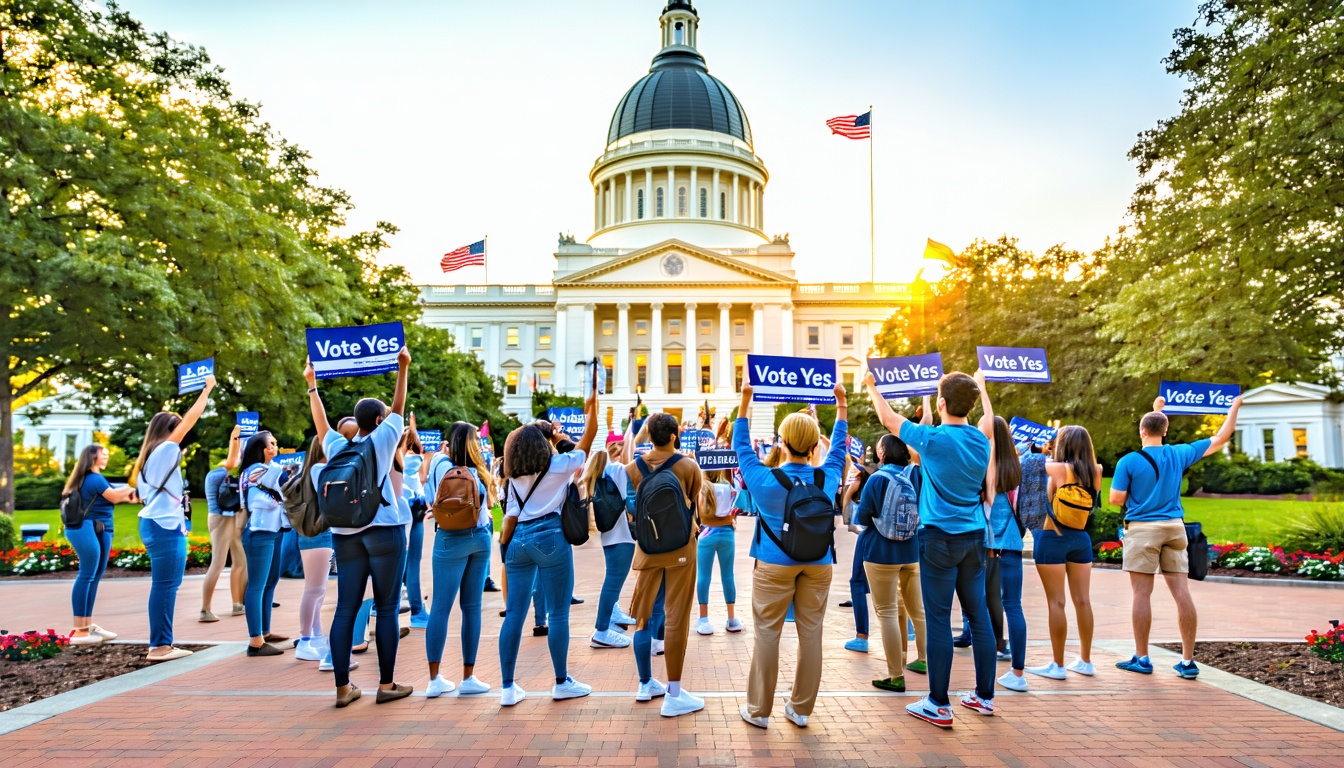Legal Marijuana’s Unexpected Impact on Public Health: Fewer Prescriptions for Anti-Anxiety Medications
A recent study has revealed a surprising trend in states where both medical and recreational marijuana are legal: a significant decrease in the number of prescriptions for anti-anxiety medications. The study, published in the journal JAMA Network Open, found that patients with private medical insurance were less likely to fill prescriptions for benzodiazepines, a class of drugs used to treat anxiety, in states where marijuana is legal.
Researchers analyzed data on prescription fills for benzodiazepines, antipsychotics, antidepressants, and sleep medications in states where medical and recreational marijuana are legal. They found that increased access to marijuana was associated with a reduction in benzodiazepine prescription fills. This trend was consistent across all states studied, with some states showing more pronounced decreases in prescription fills than others.
The study’s findings have important implications for insurance systems, prescribers, policymakers, and patients. Benzodiazepine use, like opioid use, can be dangerous for patients, especially when combined with other substances. The high level of opioid poisonings that involve benzodiazepines highlights the need for alternative treatments.
While the study does not clarify whether the changes in dispensing patterns led to measurable changes in patient outcomes, there is evidence that marijuana can be an effective treatment for anxiety. If this is the case, substituting marijuana for benzodiazepines could lead to improved patient outcomes and fewer negative side effects.
The study also found evidence of a slight increase in antipsychotic and antidepressant dispensing, but it is unclear whether marijuana access increases rates of psychotic disorders and depression. The variation in state marijuana laws may be contributing to these differences in outcomes, highlighting the need for policymakers to tailor their laws to specific goals.
Overall, the study suggests that legal marijuana may be having an unexpected impact on public health, with potential benefits for patients and the healthcare system as a whole.












